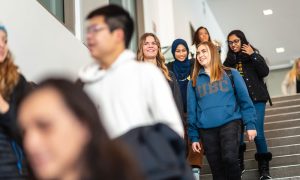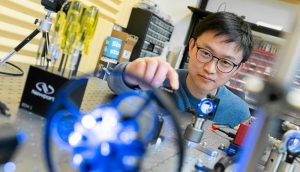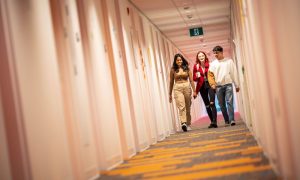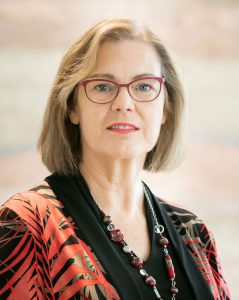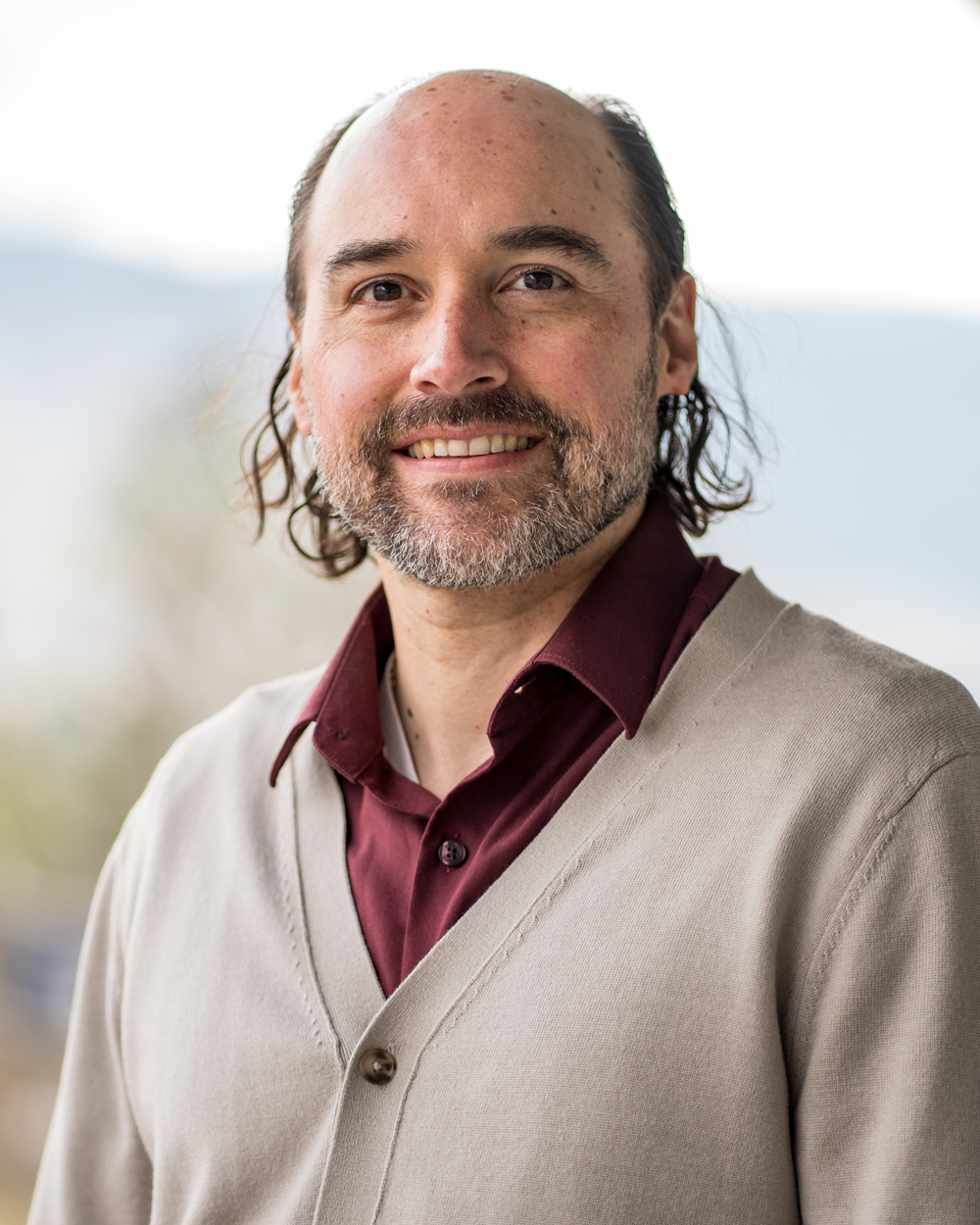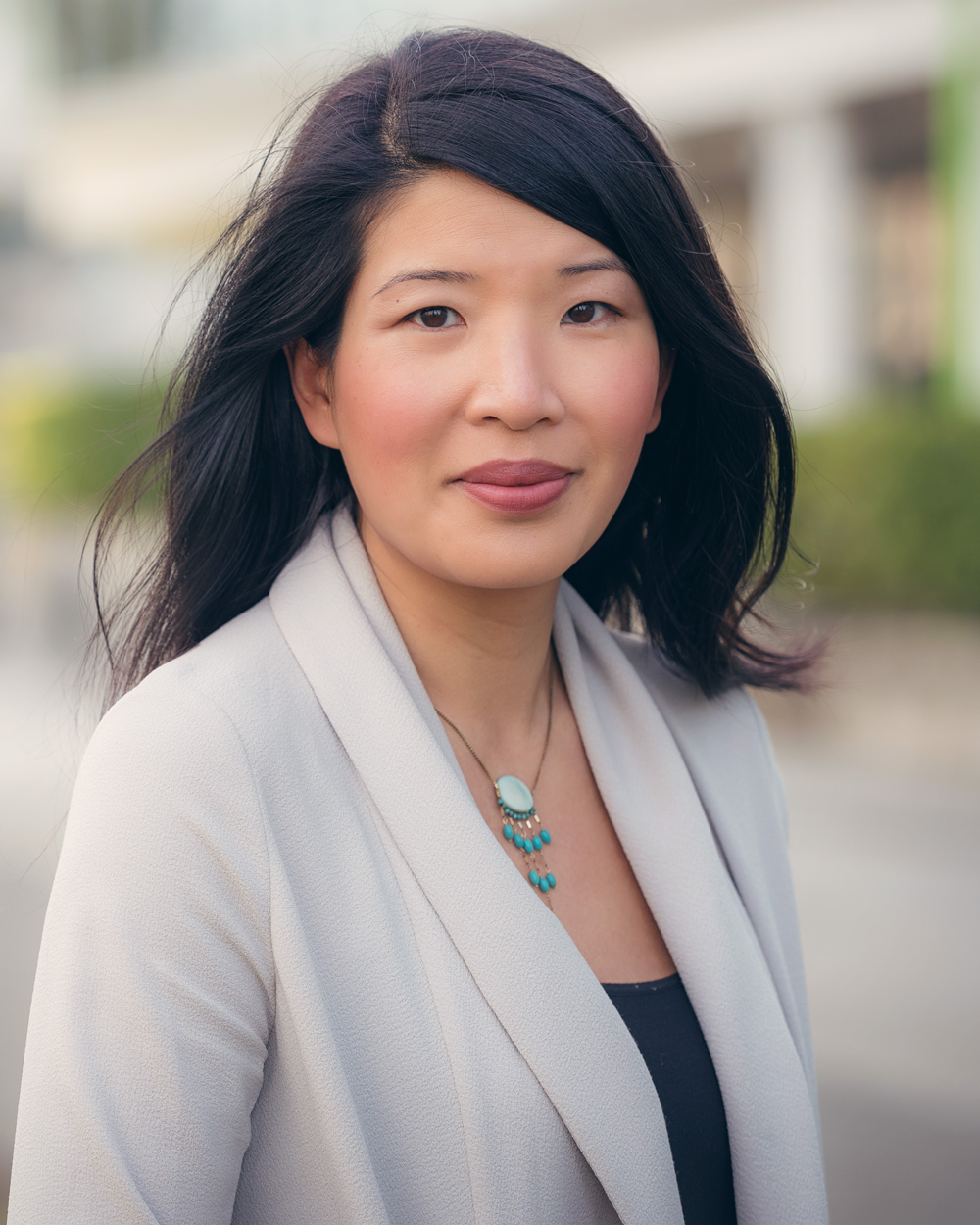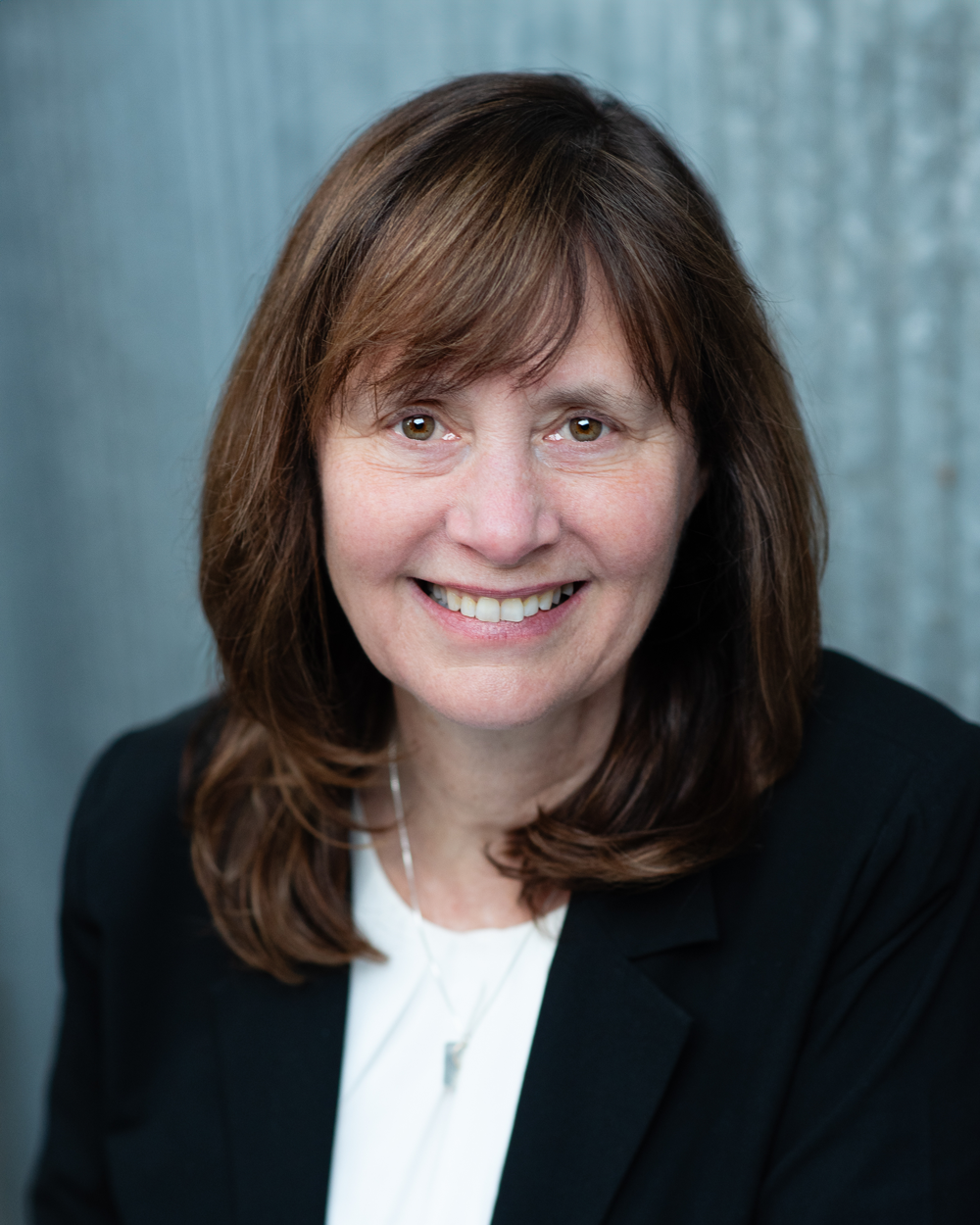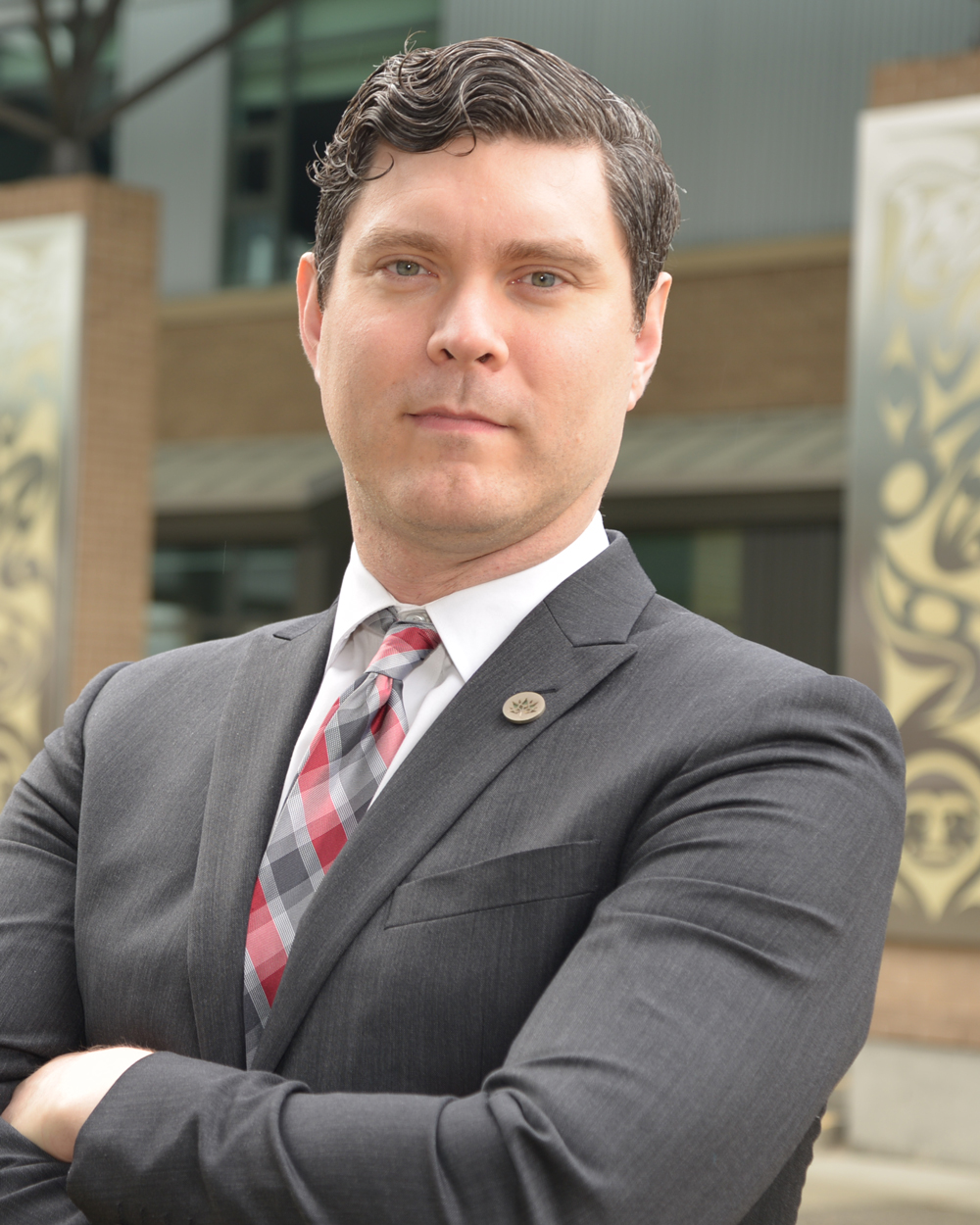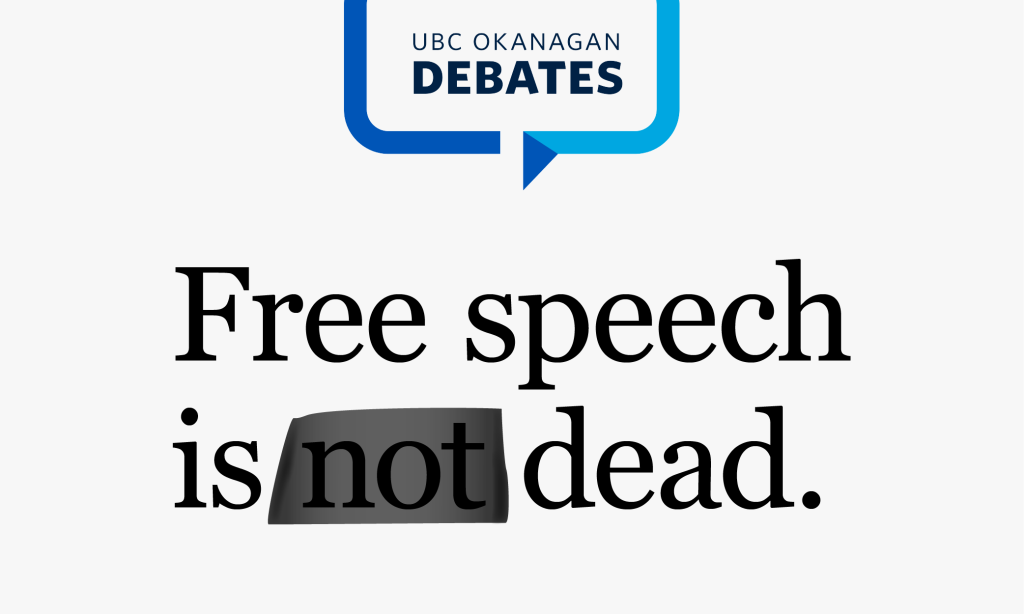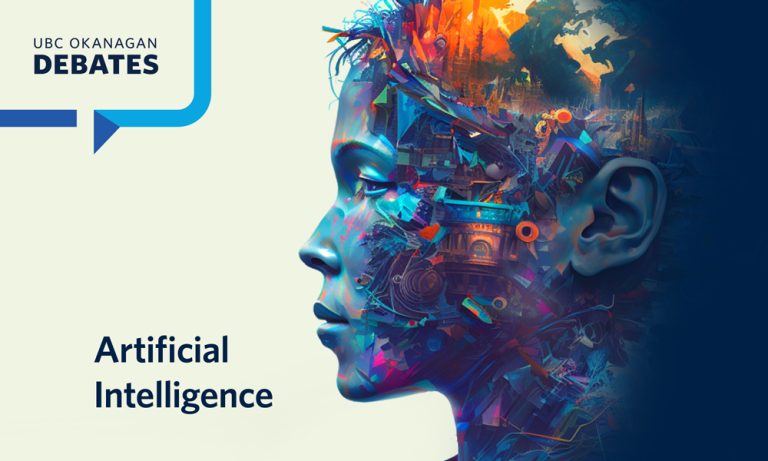Past Debate
Climate Change: Opportunity or Crisis?
May 15, 2024, 7–8:30 pm
Kelowna Community Theatre | 1375 Water St, Kelowna, BC
Be it resolved, cities should treat climate change as an opportunity to harness, not a crisis to manage.
Okanagan communities are on the front lines of climate change.
We’ve endured worsening fires, continuous drought and extreme heat waves. We appear to be confronting the stark reality of a planet that’s permanently broken the 1.5 °C threshold.
The question is no longer if climate change exists but how we choose to respond to it.
This debate will challenge you to consider if our efforts and resources are better spent in an existential battle against greenhouse gases or in finding ways to prioritize human resilience and economic evolution.
Join us as we challenge our priorities, inspire out-of-the-box solutions, and guide our community’s path toward a sustainable and resilient future.
Host
Lesley Cormack is Principal and Deputy-Vice Chancellor at UBC Okanagan whose research focus is the mathematics and geography of 16th-century England.
UBC Okanagan Debates is a signature event hosted by UBCO’s Principal and Deputy-Vice Chancellor. This event is designed to model civil discourse in a polarized world by bringing together renowned experts to discuss disputed and timely topics.
Our Debaters
UBC Okanagan
Opportunity to harness
Ross Hickey is a public economics researcher and educator at UBC Okanagan. Ross holds a PhD in Economics from Simon Fraser University and teaches about public economics and non-profit management. He uses tax data to study how tax credits for donations impact the sector.
“We should embrace the opportunities presented by climate adaptation with courage.”
UBC Vancouver
Crisis to manage
Carol Liao is a leading expert on corporate law and sustainability as Associate Professor and UBC Sauder Distinguished Fellow at UBC Allard Law. She is Chair of the Canada Climate Law Initiative and an award-winning advocate that works to ensure businesses understand their climate responsibilities.
“Climate change demands serious action, not just opportunistic adaptation.”
Urban Climate Leadership
Opportunity to harness
Shauna Sylvester drives climate solutions for local governments across Canada. A community builder and innovator, she has deep experience facilitating collaboration across sectors and has strong ties to the Okanagan region.
“The climate change era demands innovation and bold responses in this transformative moment.”
Kwantlen Polytechnic University
Crisis to manage
Brett Favaro is a scientist and academic leader. He is the Dean of the Faculty of Science at Kwantlen Polytechnic University. His research focuses on fisheries conservation and sustainable fishing practices. Brett will soon be leading the development of KPU’s first Climate Action Plan.
“Urgent action is needed to decarbonize and avert the worst possible outcomes of climate change.”
Previous Debates
Is free speech dead or more alive than ever?
For some, secretive social media algorithms have choked off free speech and confined it within echo chambers. Mainstream media owners tightly control whose voices get heard to maintain their grip on profits and influence. They are the signposts of compromised equity, a distortion of democracy, and opinion bubbles breeding extremism.
For others, the digital age is supercharging free speech, granting anyone with an internet connection the power to express and influence regardless of their language or geography. It invites voices previously diminished by noisy, westernized powers into global conversations, democratizes participation, and exposes us to an unprecedented diversity of thoughts and ideas.
Where do you stand? Join us for a spirited debate that promises to challenge assumptions, provoke thought, and potentially reshape your understanding of the future of free speech.
Host
Lesley Cormack is Principal and Deputy-Vice Chancellor at UBC Okanagan whose research focus is the mathematics and geography of 16th-century England. She’s of the mind AI has a long way to go before matching Robert Recorde, who literally wrote the book on algebra (The Whetstone of Witte).
Alumni Speaker
Keyvan Khadem is a graduate of UBCO’s civil engineering program currently working as a real estate developer and as an engineer-in-training in Kelowna. Keyvan has participated in research for removing pollution from stormwater systems, and is passionate about providing solutions for affordable housing and sustainable structures.
Debaters
Free speech is dead
- Greg Garrard, Creative & Critical Studies
Greg Garrard, a professor of environmental humanities at UBCO, has taught many environmental courses that include the scientific consensus about anthropogenic climate change. Co-writing a book, Climate Change Scepticism: A Transnational Ecocritical Analysis, that set out to understand why sceptics reject the consensus gave him a stronger appreciation of the nuances of free speech. - Joel Bakan, Allard School of Law
Joel Bakan, a professor at UBC’s Allard School of Law, is a renowned expert in constitutional law. A former Rhodes Scholar, he’s co-directed acclaimed films like The New Corporation, based on his award-winning books. Currently challenging X (Twitter) over censorship issues, Bakan emphasizes concerns over dwindling free speech in private domains and its broader implications for democracy.
Free speech is not dead
- Margot Young, Allard School of Law
Young is a professor at UBC’s Allard School of Law. Professor Young researches constitutional rights, social and economic justice, with specific focus on feminist analysis of equality and urban issues. She is Director of the Centre for Feminist Legal Studies, Chair of the Board of the Suzuki Foundation, and an International Visiting Scholar at the University of Gothenburg, Sweden. - Sue Gardner, Wikimedia Foundation
Sue Gardner builds organizations that give people access to the information they want and need. Her main areas of interest are technology, media, gender and freedom. She’s a special adviser to Wikimedia Foundation and from 2007 until 2014 was its Executive Director. Previously, Gardner was head of cbc.ca.
Artificial Intelligence promises to revolutionize and disrupt at breakneck speed.
For the optimist, it will cure disease, free us from the burden of simple tasks and automate the mundane—saving time and money. It will create millions of new and more fulfilling jobs, pushing humanity further into the reaches of what’s possible.
For the skeptic, AI will crush our creativity and divide us further through biased data and algorithms. It will rob us of real, human connection and strip away our identity all in the pursuit of an insatiable obsession with technology.
The truth may lie somewhere in between or beyond what can even be imagined today.
When it comes to AI, should we pause or persist?
Host
Lesley Cormack is Principal and Deputy-Vice Chancellor at UBC Okanagan whose research focus is the mathematics and geography of 16th-century England. She’s of the mind AI has a long way to go before matching Robert Recorde, who literally wrote the book on algebra (The Whetstone of Witte).
Moderator
Nora Young is the host of CBC’s Spark, a show that explores how technology shapes our lives. She is also a tech enthusiast who loves gadgets, podcasts and cats, but hates when Chat GPT writes her bio.
Debaters
For the optimists
- Kevin Leyton-Brown, Computer Science
Kevin Leyton-Brown is a Computer Science Professor who likes to play games with machines. He teaches them how to learn, cooperate and compete in complex environments such as auctions and markets. - Madeleine Ransom, Philosophy
Madeleine Ransom is a Philosophy Professor who likes to explore how we perceive the world. She investigates how our senses, cognition and technology shape our understanding of reality and art. She is philosophical about AI: it’s going to change the world for the better.
For the skeptics
- Bryce Traister, Creative and Critical Studies
Bryce Traister is Dean of the Faculty of Creative and Critical Studies with expertise in early American literature, culture, religion and science fiction. He is also a master debater who can challenge any professor to a verbal duel. He loves sci-fi and is proud to be a nerd. - Wendy Wong, Political Science
Wendy Wong is a Professor and Principal’s Research Chair of Political Science. She has written a book about data and human rights that will be published in October 2023. Wendy thinks AI poses a threat to our social and political frameworks, and it’s time to empower the stakeholders in the AI discussions.

